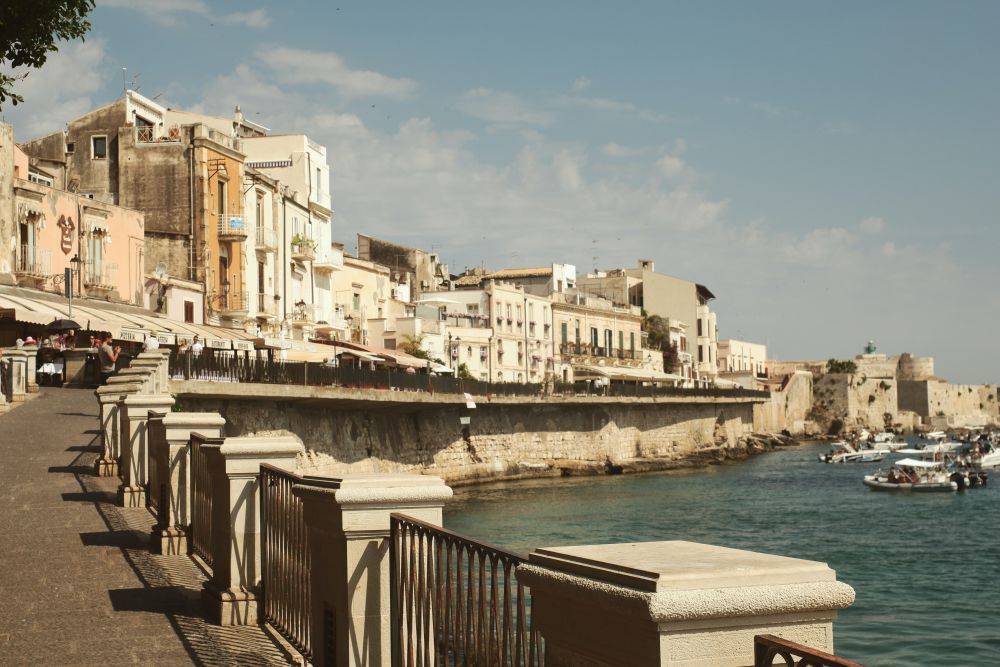Upcoming Events
5 - 8 October 2021
Siracusa, Italy-
International Conference on Environmental Psychology - ICEP 2021
The aim of the ICEP 2021 conference is to promote the scientific debate over the most recent empirical findings and theoretical advances in environmental psychological science, and to stimulate peer-to-peer discussions in qualified networks on the relationship between humans and their environment.
GoGreenRoutes partners TUDublin and University of Limerick will present their research paper on "Nature, Networks and Bridging the Perception Gap between Science and Society" at the conference. See the abstract below:
Author(s):Buckley D., Donnelly, A., D’Arcy L.
"Establishing nature-based solutions projects that reconnect urban citizens with nature and facilitate social learning is highlighted as a research and innovation priority in the European Union’s commitment to achieving the United Nations Sustainable Development Goals by 2030. Previous studies in the field of transitions research have concentrated on observing and involving particular social groups based on traditional community structures which are not wholly representative of the complex communicative ecology in which urban citizens socially engage. As a consequence, future analyses could benefit from utilising a unified, transdisciplinary community construct grounded on interaction frequency, with the purpose of engaging the emergent system ability hidden within the social networks of urban citizens and improve participatory design, communication flow and amplify the impact of public problem solving.
The Primary Attention Group (PAG) is a form of community centred on an individual and exists in both geographic and virtual space, using both face-to-face and electronically mediated communications. PAGs offer a possible basis for exploring novel development opportunities with regards to establishing network initiatives that enable shifts in mindsets and behaviours, as well as facilitating a greater sense of community and project ownership in cities at the local level. As such, the aim of this research is to enable urban citizens to develop and visualise their PAG by mapping their communicative ecology through action research in order to support them to participate in positive activities that reconnect them with nature and improve their health in a self-organised manner."
Visit the event website.
Image (Unsplash) by "Anna Auza"


